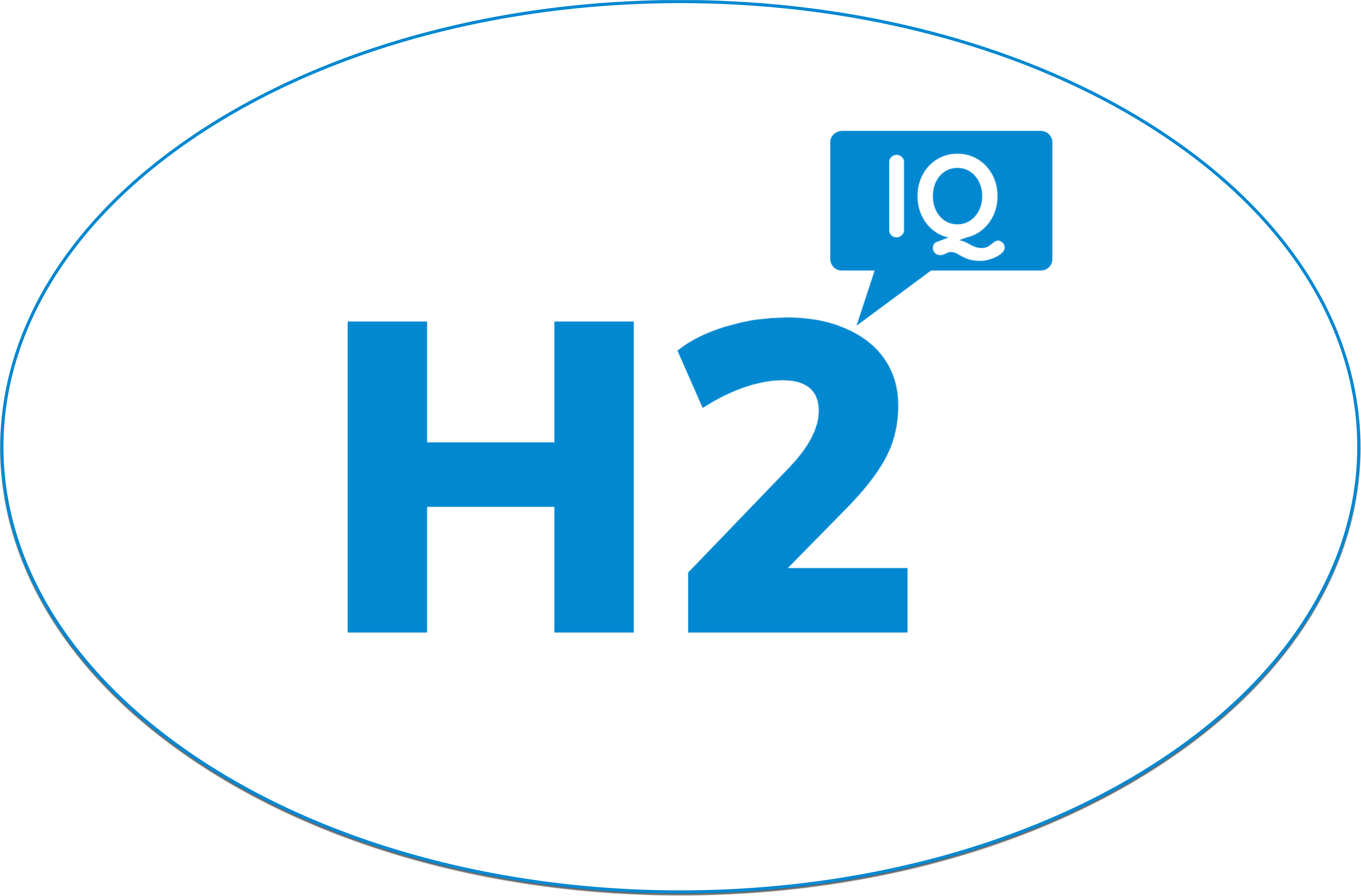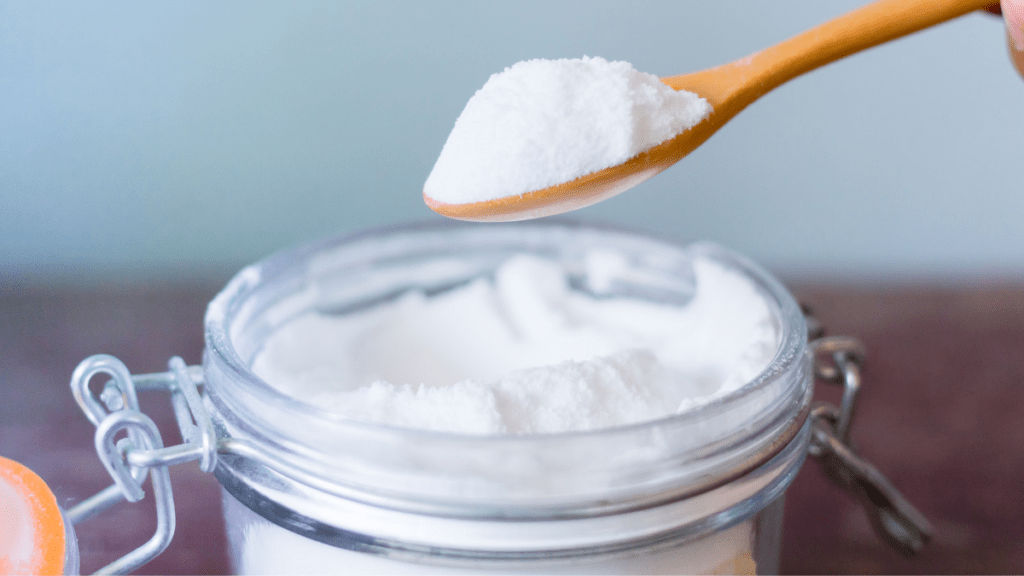
In a world of continuously warmer temperatures, a growing consensus demands that energy sources have zero, or next-to-zero, carbon emissions. That means growing beyond coal, oil, and natural gas by getting more energy from renewable sources.
One of the most promising renewable energy carriers is clean hydrogen, which is produced without fossil fuels.
It’s a promising idea because the most abundant element in the universe is hydrogen, found in 75 percent of all matter. Moreover, a hydrogen molecule has two paired atoms—Gemini twins that are both non-toxic and highly combustible.
Hydrogen’s combustive potential makes it an attractive subject for energy researchers around the world.
At Pacific Northwest National Laboratory (PNNL), a team is investigating hydrogen as a medium for storing and releasing energy, largely by cracking its chemical bonds. Much of their work is linked to the Hydrogen Materials-Advanced Research consortium (HyMARC) at the Department of Energy (DOE).
Hydrogen storage not yet optimized
One PNNL research focus relates to optimizing hydrogen storage, a stubborn issue. To date, there is no completely safe, cost-effective, and energy-efficient way to store hydrogen at large scales.
PNNL researchers recently coauthored a paper that investigates a baking soda solution as a means of storing hydrogen. The study has already been dubbed a “hot paper” by the journal itself, Green Chemistry, published by the Royal Society of Chemistry. That means that it has had a lot of clicks showing interest.
The hydrogen-based storage efforts at PNNL are funded by the DOE’s Hydrogen and Fuel Cell Technologies Office in the Office of Energy Efficiency and Renewable Energy (EERE). The research advances the DOE’s H2@Scale initiative as well as the agency’s Hydrogen Shot.
The new paper’s two main authors are chemist and PNNL Laboratory Fellow Thomas Autrey and his colleague Oliver Gutiérrez, an expert in making chemical reactions speedy and cost-effective.
“You have to be a little creative,” said Autrey, who is amused at how common, cheap, and mild baking soda is as a potential answer to a big problem. “Not every chemical is going to be efficient at storing hydrogen. You have to work with what Mother Nature gives you.”
Clean hydrogen for long-term energy needs
Autrey, Gutiérrez, and others at PNNL see long-duration energy storage as the key to hydrogen’s future as a carrier of renewable energy…





